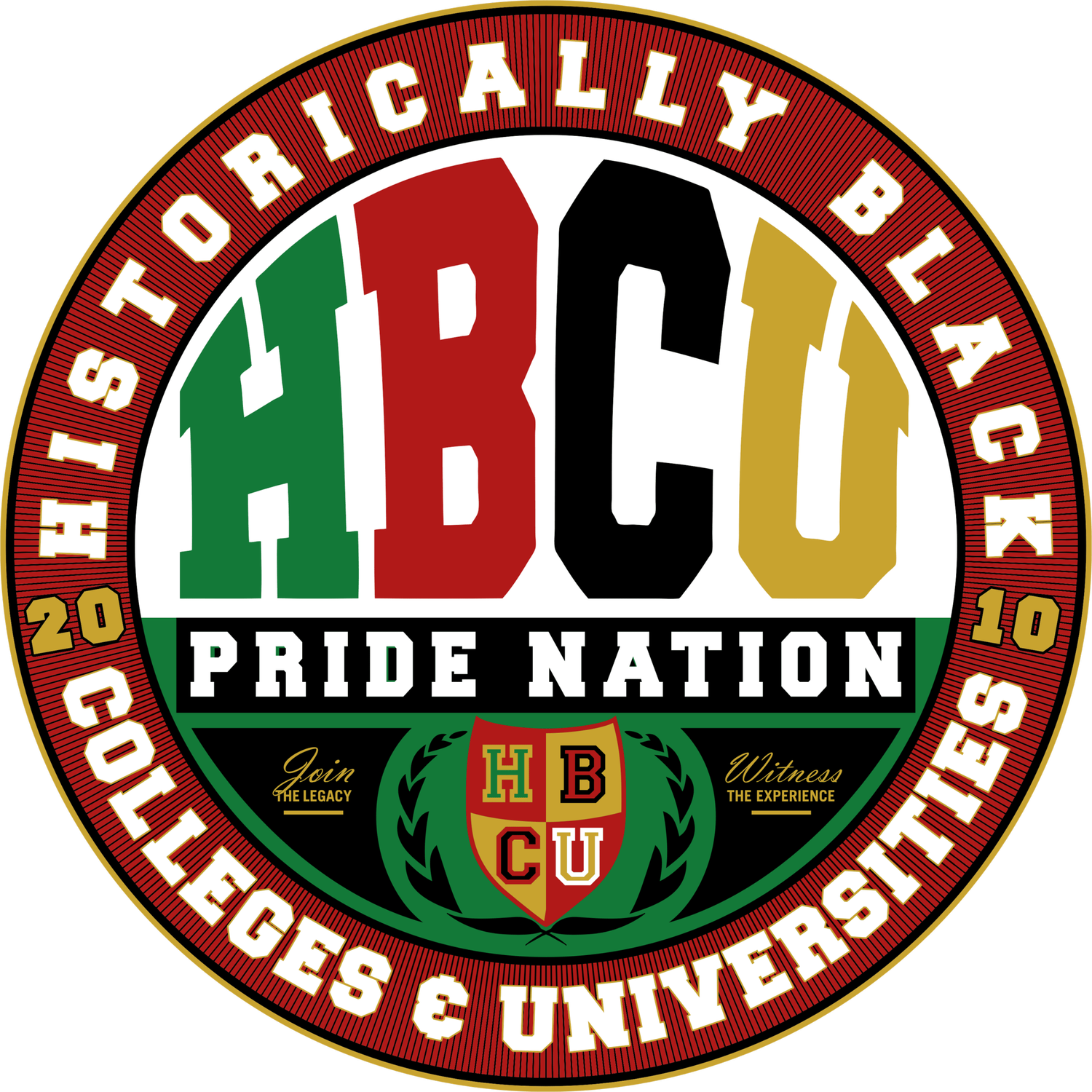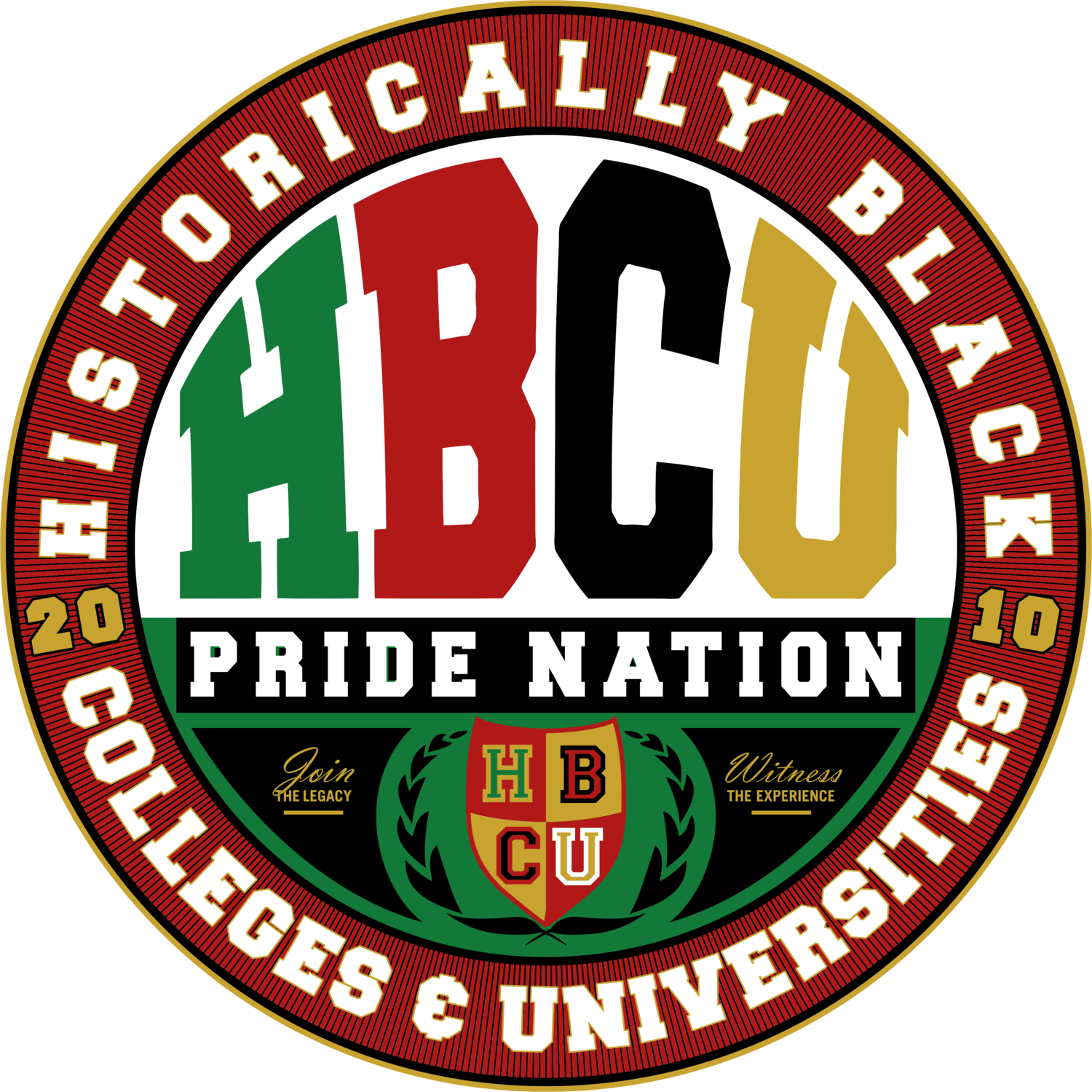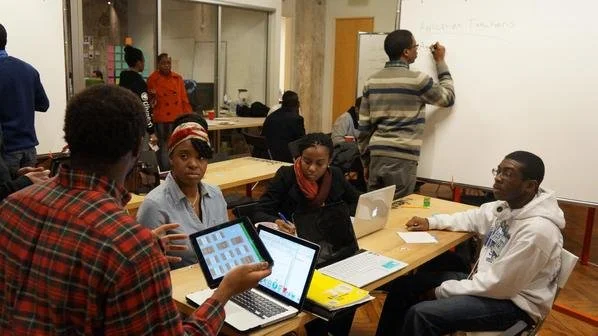HBCUs spark the imaginations of local high school students
SPRING MILLS — Baratou Bah, a senior at Spring Mills High School, is eyeing a multitude of college possibilities — and she felt her prospects widen when she began contemplating Historically Black Colleges and Universities, or HBCUs.
“Going into the HBCU fair, you see schools you would never have thought of,” said Bah, who’s been accepted to 10 HBCUs and 26 colleges in all.
Bah is one of about 60 students from Berkeley County Schools who attended the 17th Annual ASBC HBCU College Festival last month. It was held at the Walter E. Washington Convention Center in Washington, D.C., and presented by The Alfred Street Baptist Church and The ASBC Foundation.
Damon Wright, chairperson of the Berkeley County Diversity Council, has helped to coordinate the trip in the school district for the past three years. He works with his brother Solomon Wright, of Wrighteous Records, in Martinsburg, to run the trip each year.
Like Bah, Damon Wright noted the importance of opening new windows for students exploring college.
“We want to open their eyes,” he said. “We want to say, ‘There are a whole lot of options out there for you.’”
Both Wright and Bah spoke about the experience during the Berkeley County Schools Board of Education meeting on March 18 at Spring Mills High School and then elaborated on their thoughts in later interviews.
Kiayjah Jones, a junior at Spring Mills High School, also attended the HBCU festival, and later she described the sort of far-reaching interaction she hopes to achieve in the college or university she chooses.
“I want to be somewhere where there’s a little bit of everybody — all different types of cultures and different people,” said Jones, who hopes one day to start a business that can bring happiness to people in many different communities.
“I want to start my own widespread beauty supply store,” she said.
The reach of HBCUs
Anthony L. Jenkins, the president of West Virginia State University, recognized as an HBCU, noted in a telephone interview that the historical roots of HBCUs establish strong connections with African American students and also create opportunities for other students to engage in a diverse community.
“From our inception, our doors have been open to everyone,” he said of HBCUs.
The U.S. Department of Education offers a definition of HBCUs: “The Higher Education Act of 1965, as amended, defines an HBCU as: ‘…any historically black college or university that was established prior to 1964, whose principal mission was, and is, the education of black Americans, and that is accredited by a nationally recognized accrediting agency or association determined by the Secretary [of Education] to be a reliable authority as to the quality of training offered or is, according to such an agency or association, making reasonable progress toward accreditation.’ HBCUs offer all students, regardless of race, an opportunity to develop their skills and talents.”
More than 100 HBCUs exist in the country.
Those origins, Jenkins suggested, may provide a strong sense of belonging for an African American student who may conclude, as he put it: “This was created for me by my ancestors, and so they have this understanding of me, of my culture, of my heritage. That is something of great value for me.”
Jenkins also described the way a student from another background may seek out an educational environment that creates a chance for cultural contact and understanding that may not be as readily available in other places.
Jenkins emphasized, too, the way HBCUs support students who may have hit academic roadblocks, with the intention of challenging those students to excel in a new environment.
“HBCUs have said, ‘Regardless of your zip code, academic preparation and parents’ income, we can help you succeed,’” he said. He added later: “We say, ‘Because of our environment, because of our great faculty … we’re going to turn you in that next Katherine Johnson.”’
Jenkins was referring to the woman who graduated in 1937 from what was then West Virginia State College to become an ingenious mathematician for NASA — and also to be portrayed in the acclaimed 2016 film “Hidden Figures” after the publication of a book by Margot Lee Shetterly with the same name. Johnson is 100 years old.
Local relevance of HBCUs
Students from all four Berkeley County high schools attended the festival. Coordinators from each school include Jessica Salfia, from Spring Mills High School; Celeste Brown of Martinsburg High School; Malcolm Lee of Musselman High School, and Kevin Frankhouser of Hedgesville High School.
Wright noted that this year Berkeley County Schools contributed to the trip by funding transportation, and he said Chick-fil-A and Panera Bread also provided food for the trip.
Salfia, who teaches English at Spring Mills High School and advises the Diversity Club there, said festivals such as this play a particularly important role for students in Berkeley County.
“A student of color might spend their day being the only student of color in class,” she said. “I think for the rest of us, we don’t understand the mental and emotional toll that can take. So opportunities like this festival not only provide kids with a chance to access some really extraordinary college opportunities that maybe they haven’t thought about, but they also give kids a chance to access community that they have not yet had.”
Salfia said the whole exploration of Historically Black Colleges and Universities can help students investigate going to college in ways they might not otherwise have fathomed — even if they do not end up enrolling in HBCUs. She recalled a student who attended a past HBCU festival and did not end up going to one of the colleges or universities represented there — but the experience still spurred him on to pursue college.
“I think we have to look at (a college fair) as getting kids interested in college in general, and that’s something that this fair did for that young man,” Salfia said.
The personal contact with many college representatives in one setting can also fire students’ imaginations.
“It was much easier to talk (about college) person-to-person,” said Jose Castillo, a senior at Spring Mills High School, and one of the students who attended this year’s festival. Castillo wants to study mechanical engineering.
And Aishat Banire, a junior at Spring Mills High School, was drawn to “the cultural aspect” of the festival, she explained, with a hope of “finding how people can come together.” Banire aspires to become an orthopedic surgeon.
Diversity before college
Students also stress the importance of creating a diverse, inclusive atmosphere before college begins, as well. Several students at Spring Mills High School have lauded the Diversity Club, for which Salfia serves as a faculty adviser.
“That club brought a lot of people together,” Jones said, noting speakers from organizations such as the NAACP have helped nourish her desire to participate. Bah and Banire — also members — agreed, and Bah stressed that Salfia provided academic help, as well. Bah wants to pursue pharmacy as a career.
Salfia said she started the club about three years ago. The club generally meets on a biweekly basis and often focuses on monthly themes. She mentioned projects involving Hispanic heritage, LGBTQ awareness, and other issues. It’s also, she said, a place where students can come just to seek company.
“If a kid just wants to come to a meeting and hang out, they’re welcome to come,” she added.
Salfia said that through her position with the club, she works with the Berkeley County Diversity Council, which Damon Wright chairs.
That organization, as well, is working to create a vibrantly diverse environment for students and others in the community right now — before college begins. The Berkeley County Diversity Council has been in existence for decades.
Wright said the organization advocates for a number of issues, including additional teacher training to help educators understand the nuances and differences in students’ cultural backgrounds.
“If you don’t understand the differences, it can be hard to educate the students,” he said.
And that sort of understanding, he suggested, can engage a talented student who might, under the wrong circumstances, create an obstacle in the classroom.
“That student,” Wright said, “can be an asset in the classroom.”
The Berkeley County Diversity Council schedules its meetings for 6 p.m. on the third Tuesday of each month in the Martinsburg High School library. Wright said this coming April’s meeting, however, is slated for the second Tuesday, at 6 p.m. on April 9.
Information from: The Journal, https://www.journal-news.net


